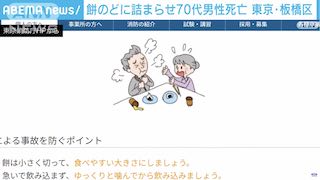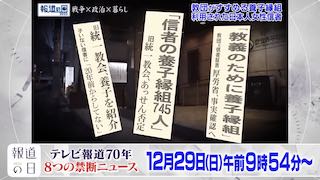May 02 (Japan Times) - With cyberbullying and other forms of online abuse gaining attention as an alarming social problem, the Japanese government is working to crack down on and prevent such acts with legislative amendments.
The government has submitted a bill to revise Article 231 of the Penal Code and impose tougher penalties on such abuse to the ongoing session of parliament.
Under the article, a person who insults another individual in public is currently punished by detention of between one and 29 days or a fine of ¥1,000 yen or more but less than ¥10,000. The penalties are the lightest under the Penal Code and have not been revised since the law came into force during the Meiji Era (1868-1912).
The government was prodded into action by the suicide of reality show celebrity Hana Kimura, then 22, in May 2020 after she suffered online abuse. Kimura, a professional wrestler, starred in the popular reality television show “Terrace House,” and met with disparaging comments on social media after one episode of the show.
Two men faced summary indictments for posting comments such as “When are you going to die?” and “You are laying yourself open to ridicule by simply being alive.” They were hit with fines of ¥9,000.
The lenient punishments highlighted a drawback in Japan’s legal framework to tackle the growing seriousness of online abuse.
In fiscal 2020, the internal affairs ministry’s consultation center for harmful information received 5,407 requests for advice on online abuse, representing a fourfold surge over the decade and signaling the need for urgent response. ...continue reading















